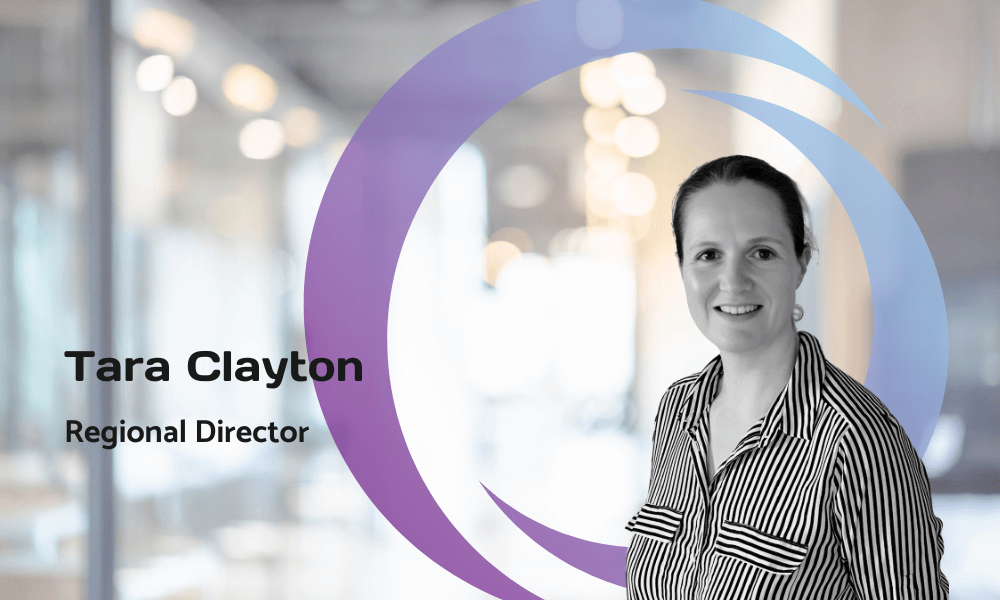
Finding placements for young people with complex needs can be hard
Richard Fawcett knows that navigating the system can take its toll – on the young people, and the social workers involved.If you’re up to date with current affairs in social work, you’ll be familiar with the debate around unregulated placements. In 2021 the government announced it would become illegal for children under 16 to be placed in unregulated children’s homes or supported living placements.
Since then, the High Court heard a legal challenge from the children’s rights charity Article 39 which believes this new law should extend to 16 and 17 year olds. In March, the High Court ruled in favour of the government and therefore it remains lawful for 16 and 17 year olds to be placed in unregulated, supported-living provision when they require ‘support’ rather than ‘care’.
This year, the independent review of children’s social care undertaken by Josh McAllister highlighted that rising numbers of children in care had resulted in increasing numbers of vulnerable 16 and 17 years being placed in unregulated supported living placements that were unsuited to their needs. He also identified the proliferation of private children’s home providers, the rising costs of these placements, competition for placements and increasing placement instability.
Finding suitable placements for older or more complex children and young people is incredibly difficult.
These reports have reiterated what many of us in practice have known for several years, namely that finding suitable placements for older or more complex children and young people is incredibly difficult. There are insufficient regulated placements and private providers will often have multiple referrals to consider. It is not surprising that they will be more likely to offer placements to the children who are likely to be the least challenging. These providers are registered and regulated by Ofsted and if they provide a placement for a very complex child there is a risk that this could affect their Ofsted grade. This means that some young people will spend considerable time in temporary, emergency or “crisis” placements before a more permanent home is found for them. This is not in their best interests and can also have an emotional impact on their social workers, who find themselves unable to provide the safety and stability they would like.
It’s clear that a comprehensive review of the way that we provide homes for children in care is needed. Until that happens, if you’re a social worker or manager needing a placement for a complex child, this insight from Richard Fawcett and Mary-Anne Hodd might just make the difference:
Don’t assume that nobody will come forward
With the right support package a lot of complex young people do live successfully with extended family members or even friends or other connected people. I recently reviewed a case where after eight months of emergency placements a young person was placed with his father in a different city. If this had been considered first, the young person would have been spared multiple moves and rejections. It’s important to begin the process of exploring extended family as early as possible.
“There’s no way around the fact that children and young people in care will have experienced significant adverse childhood experiences. And the process of being taken into care in itself is traumatic. When we rupture relationships, we fracture any sense of stability they’ve had at home or in care.” – Mary-Anne Hodd
Think about those children entering care without a placement
Many social workers will have experienced a young person sitting in the office reception until late into the evening because a placement cannot be found. Some children enter care without a placement. In some cases it may be less harmful to the young person for them to remain where they are with increased support until a suitable placement is found – so when making a decision about a child coming into care, factor in whether a suitable placement is available. Evidence suggests that these children will usually have several short term placements before a longer term one is found.
Be positive
Ensure that placement request forms do not focus only on negatives or challenges. If possible, include positive things about the child before the challenges. These forms are sent out to providers and we know that private providers will often have multiple referrals to consider. They will naturally be drawn to the least complex or challenging children therefore anything we can do to highlight the positives of our child might help.
“This means that sometimes, the young people who need the most support can end up in the worst environments because nobody else wants to deal with them. Those who have been most affected by adverse childhood experiences often end up in environments that have a negative impact. It’s easy to see people as their behaviours, to fail to take the impact of trauma and adversity into account, but that only further contributes to these poor outcomes.” – Mary-Anne Hodd
Keep the momentum going
When a child under 16 is placed in unregulated provision (sometimes referred to as a Z1 placement) it is highly likely that senior managers will be aware and require regular updates about what is happening in the placement and also about the search for a regulated placement. These placements do carry a lot of risk for the local authority.
It is likely that you will be asked to visit the placement more regularly and in these cases weekly meetings with the provider, the placement team, the IRO and other relevant people may help to keep a grip on the case and give senior managers the confidence that momentum is being maintained.
When a 16 or 17 year old is placed in unregulated supported living, be clear on whether they are receiving support or care. A simple example of this is are they being supported to do their own shopping and cook their own meals or is this being done for them? More importantly, if they are receiving support, is this right for them or should they really be in a placement that is providing care?
“All of the independent living skills that supported me made absolutely no difference when I was alone in my room by myself. It doesn’t help a young person feel wanted or cared about, or having somebody to talk to at three in the morning when you’ve been up all night because you can’t sleep, because you’re lonely.” – Mary-Anne Hodd
Bear in mind…
- Where a placement may be needed for a complex child ensure that the placement commissioning team know as early as possible so that they can start a search even if it turns out later that the placement is not needed. They will always be grateful for this.
- Keep in touch with the placements team while they are searching for a placement and seek regular updates.
- If a placement offer is made then the placements team will want a decision from you or the team manager. It is really important that a decision is made immediately because it is common for providers to offer the placement to another local authority if they respond more quickly. Without exaggeration minutes can make a difference in these situations. Make sure that the placement team has your mobile number.
- When a child is placed with a private provider, keep in close contact with the home or the key worker. Placement providers are less likely to give notice when they feel supported by the placing local authority and have confidence in the child’s social worker.
- Where a placement seems shaky, hold early disruption meetings and try to identify support to stabilise it. Supporting a fragile placement is much easier than finding a new one.
Richard Fawcett has been involved in children’s social care since the early ‘90s. Now an independent practitioner and consultant, he works in partnership with Equinox to deliver bespoke, sustainable solutions to its clients.
Mary-Anne Hodd is care experienced, and spent over half her childhood in foster care. She is a qualified psychology teacher and uses her unique perspective to incite positive change and contribute to the continued changing narrative of ‘kids in care’.


